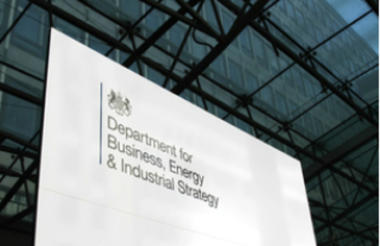UK Research and Innovation, the £6bn-a-year funder formed from the merger of seven research councils, has said it is seeking to become a charity.
UKRI is backed by the Department for Business, Energy and Industrial Strategy and exists to channel government funds into research across the UK. It was launched in April this year after a report recommended merging existing research funders.
It would be by far the country's largest charity if it succeeds in obtaining charitable status – as big as the current ten largest charities combined.
UKRI’s seven predecessor research councils were classed as having charitable status for tax purposes, but were not listed on the register of charities. UKRI has also merged with an eighth body, Innovate UK, which does not have charitable status.
UKRI said it is now “actively working” to obtain charity status, although the Charity Commission said it has not submitted an application. A spokesman for UKRI refused to say whether it will seek to become a registered charity, or to obtain the same status as its predecessor councils.
An article in Times Higher Education last week claims that UKRI had expected to inherit charitable status from the merged bodies, and that its current situation was an “embarrassing blunder”.
The article said the scale of UKRI is such that failure to achieve charitable status will cost it tens of millions of pounds a year in tax.
A UKRI spokesman said: “Ahead of the creation of UK Research and Innovation, the seven research councils were classed as having charitable status for tax purposes which allowed the research councils to receive charitable tax relief on certain goods and services. This status could not be automatically transferred to UKRI on its formation on April 1, 2018.
“UK Research and Innovation is actively working to resolve this. It is our aspiration that this will not affect the scale of our investment in research and innovation.
“UK Research and Innovation is ensuring it is tax compliant during this period and this includes ensuring suppliers charge VAT on goods and services where applicable.”
|
Related articles












